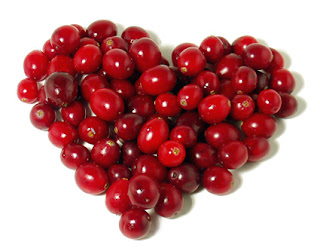If you have trouble falling asleep, don't take it lightly -- you could be a candidate for a moderately higher risk of a heart attack.
In a recent study, the risk of heart attack in people with insomnia ranged from 27 percent to 45 percent greater than for people who rarely experienced trouble sleeping.
Researchers tied in heart attack risks to three major insomnia symptoms. Compared to people who reported never or almost never having these problems, people who had trouble falling asleep almost daily in the last month had a 45 percent higher heart attack risk.
Staying asleep almost every night in the last month had a 30 percent higher heart attack risk; and didn't wake up feeling refreshed in the morning more than once a week had a 27 percent higher heart attack risk.
'Sleep problems are common and fairly easy to treat,' said study co-author Lars Erik Laugsand and internist in public health from the Norwegian University of Science and Technology, Trondheim, Circulation: Journal of the American Heart Associaton reports.
'So it's important that people are aware of this connection between insomnia and heart attack and talk to their doctor if they're having symptoms,' Laugsand added, according to a Norwegian University statement.
Heart attack risk also increases with each additional insomnia symptom, researchers said. The study was based on 52,610 Norwegian adults who answered questions about insomnia as part of a national health survey in 1995-97.
Up to 33 percent of people are known to experience at least one insomnia symptom. Previous smaller studies have linked insomnia to heart disease, including high blood pressure and heart attacks. Every year, about 785,000 Americans have a first-time heart attack.
source: mathrubhumi.com/english/story.php?id=116121











